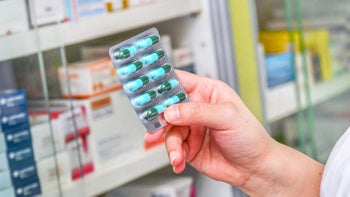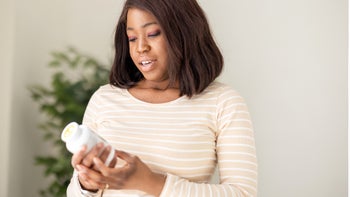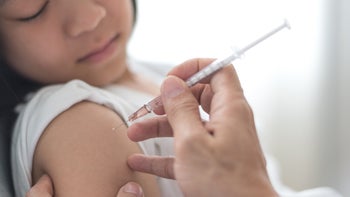
Acupuncture for Improved Fertility: Is It Worth Trying?
Key takeaways:
Acupuncture is a treatment where small metallic needles are inserted along various points on the body to help promote healing.
Acupuncture may be able to raise the odds of getting pregnant for women. And it can also improve fertility in men.
Other ways to improve fertility include exercise, weight loss, vitamins, stress reduction, and eating a healthy diet.
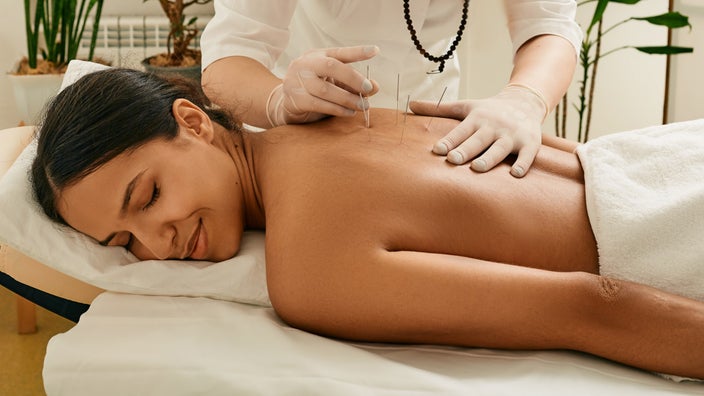
Almost 20% of heterosexual women in the U.S. have infertility. This is defined as being unable to get pregnant after trying for a year. For anyone dealing with infertility, or for those who just want to speed along the process of getting pregnant, you may be interested in trying out acupuncture to help with fertility. But does it work? And when and how should you use it to best improve your chances of getting pregnant?
Here, we’ll cover what the science says about acupuncture and what the evidence shows about its modern-day effectiveness.
What is acupuncture?
Acupuncture is part of the ancient practice of Chinese medicine. During a session, small metallic needles are placed at different places along the body. The needles are sometimes activated by either the practitioner's hands or electric stimulation. This is thought to activate the body’s ability to heal itself and to encourage health and wellness.
Save over 40% on Qsymia with GoodRx
Discover the once daily Qsymia for weight management. Qsymia is for adults and children 12-17 in combination with a healthy diet and regular exercise.

Can acupuncture increase your fertility?
While the literature is not conclusive, it seems that the answer is yes! There’s evidence that acupuncture may help improve fertility in women with many health conditions. These include polycystic ovary syndrome (PCOS), hypothyroidism, and ovulation problems. A few studies have shown improvement in fertility with acupuncture. But the evidence has been mixed at times. And it’s not clear exactly how it works to improve fertility.
How effective is acupuncture for fertility?
Women who were randomized to receive acupuncture before their embryo transfer were twice as likely to get pregnant as those who did not receive it. Another study found that for women undergoing in vitro fertilization (IVF), getting an acupuncture session before and after the embryo transfer procedure raised the pregnancy rate from 26% to 42%.
In recent years, more efforts have been made to find out if it’s the actual acupuncture that helps or if it’s the belief in it that helps. Studies that have compared acupuncture versus “sham acupuncture” (a procedure in which needles are placed in the body but not at the recommended locations) have shown no difference in live birth rates.
One meta-analysis looked at over 5,000 women and found that acupuncture raised the rates of pregnancy and live births and lowered miscarriage rates. But it only did so when compared with non-acupuncture interventions. When compared with sham acupuncture, the studies did not show consistent benefit.
But, our mind is a powerful thing. Some would argue that even if acupuncture only works because you believe in it, or even if needles in the “wrong” places still stimulate some sort of health benefit, acupuncture is still an effective treatment if it raises the pregnancy rate.
What’s the science behind acupuncture for infertility?
People disagree about how acupuncture works. Traditional Chinese medicine practitioners believe that acupuncture helps create a healthier energy flow. And this flow can improve your health. Some healthcare providers believe that acupuncture points stimulate the central nervous system. And it can release chemicals into the muscles, spinal cord, and brain. These changes are thought to help improve physical and emotional health.
There’s also evidence that getting acupuncture during IVF lowers anxiety at embryo transfer. One survey from Australia found that women felt acupuncture helped them by lowering stress, improving relaxation, and boosting well-being. But the truth is we don’t know exactly how acupuncture works.
How many sessions of acupuncture do you need for fertility?
It depends. How many sessions you’ll need will depend on your medical history and where you are on your fertility journey. While the number and rate of sessions may differ for each person, they are usually done 1 to 3 times per week.
When should you start and stop acupuncture for fertility?
Most guidelines suggest starting acupuncture sessions 3 months before conception for the greatest benefits. Some people continue their sessions throughout the first trimester of pregnancy to help lower the chance of miscarriage. But, even just doing a few sessions around the time of embryo transfer during an IVF procedure seems to lead to clear benefits.
Does acupuncture help increase fertility in men as well?
It depends. The literature on acupuncture for male fertility is mixed. Some studies show evidence that acupuncture can improve sperm quality. Others suggest that it may even be a good treatment for severe male infertility. Still, there aren’t enough studies to recommend regular acupuncture for male infertility. With female infertility, acupuncture doesn’t seem to have much benefit when compared with sham or placebo acupuncture.
Laser acupuncture is a type of treatment in which acupuncture points are stimulated with a laser rather than needles. And it has been shown to improve sperm motility and concentration — both of which are important for male fertility.
What other treatments can you combine with acupuncture for fertility?
Besides acupuncture, there are many other lifestyle changes that can help improve fertility in both men and women. If you are looking to conceive and want to improve your chances, you may want to try:
Exercising: Regular exercise (about 1 hour three times per week) has been linked to better fertility in both men and women.
Maintaining a BMI between 18 and 25: Having a BMI between 18 and 25 can lead to improved fertility.
Eating a healthy diet: Improving your nutrition can help lead to better fertility. You can do this by adding plenty of fruits and vegetables to your diet.
Stress reduction: Women who were part of a stress reduction group during fertility treatments were more likely to get pregnant. And men with many stressful life events were more likely to have low sperm quality.
Taking vitamins: The jury is still out on which vitamins may give the best fertility boost. But coenzyme Q is one which has been shown to improve both sperm and egg quality in many studies.
The bottom line
We don’t know if acupuncture works by unlocking blocked energy flow in the body, triggering the release of certain biochemicals, or lowering stress. But, there is growing evidence that shows that acupuncture can improve fertility. And it can also help couples trying to get pregnant.
If you are trying to get pregnant and looking to boost your fertility, you can look for an acupuncturist who specializes in fertility. And if you’re looking to improve your chances, maintaining a healthy lifestyle will give you an extra boost as well!
Why trust our experts?
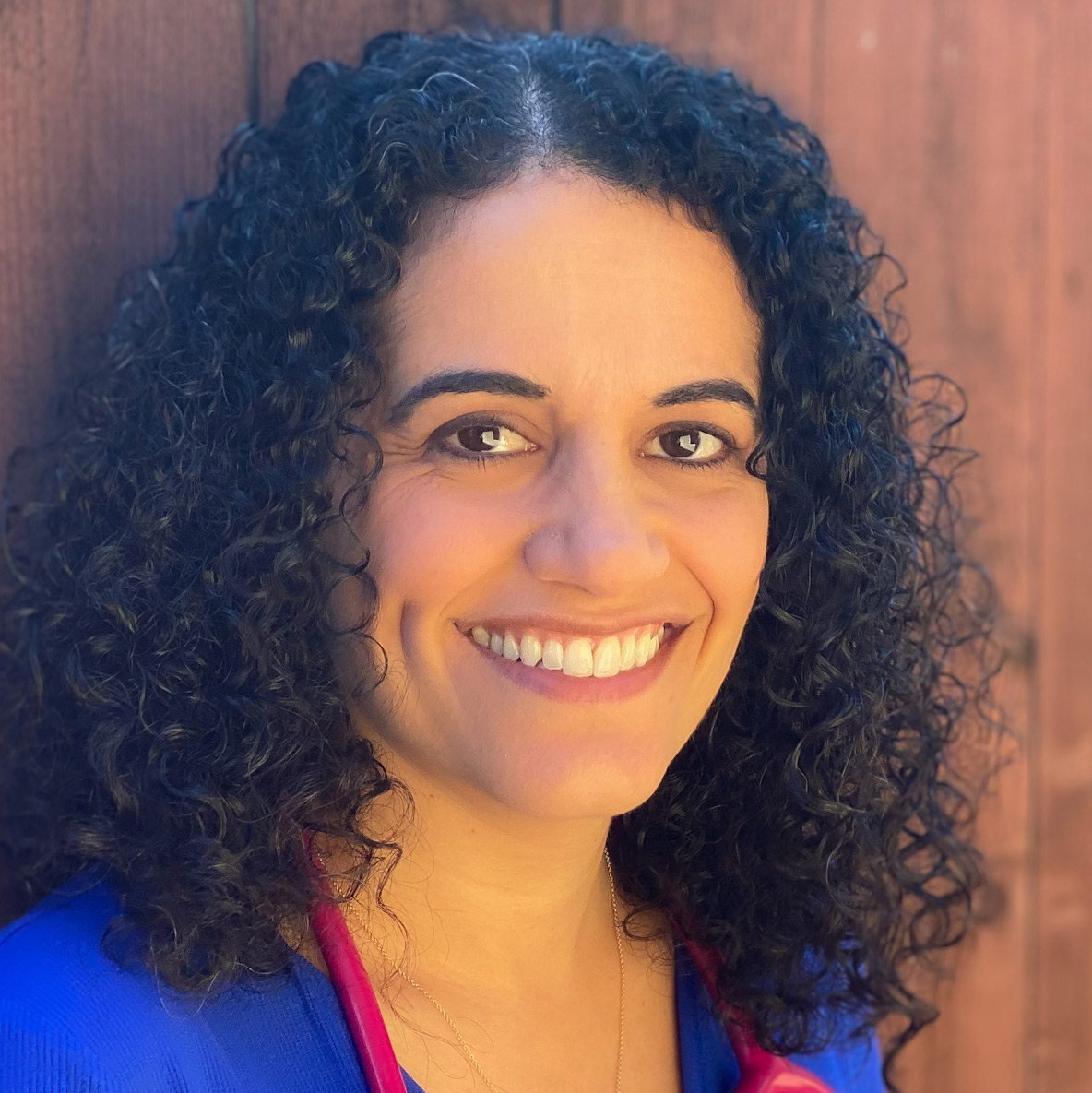


References
Allameh, F., et al. (2021). The effect of laser acupuncture on semen parameters in infertile med with oligospermia: A randomized clinical trial. Journal of Lasers in Medical Sciences.
American Society for Reproductive Medicine. (2015). Acupuncture and infertility treatment.
Centers for Disease Control and Prevention. (2022). Infertility FAQs.
de Lacey, S., et al. (2021). IVF, acupuncture and mental health: A qualitative study of perception and experiences of women participating in a randomized controlled trial of acupuncture during IVF treatment. Reproductive Biomedicine Society Online.
Domar, A., et al. (2000). Impact of group psychological interventions on pregnancy rate in infertile women. Fertility Sterility.
Franconi, G., et al. (2011). Acupuncture in clinical and experimental reproductive medicine: A review. Journal Endocrinological Investigations.
Florou, P., et al. (2020). Does coenzyme Q supplementation improve fertility outcomes in women undergoing assisted reproductive technology procedures? A systematic review and meta-analysis of randomized-controlled trials. Journal of Assisted Reproduction and Genetics.
Gollenberg, A., et al. (2010). Semen quality in fertile men in relation to psychosocial stress. Fertility Sterility.
Guven, P. G., et al. (2022). Effectiveness of acupuncture on pregnancy success rates for women undergoing in vitro fertilization: A randomized controlled trial. Taiwanese Journal of Obstetrics and Gynecology.
Huang, D. M., et al. (2011). Acupuncture for Infertility: Is it an effective therapy? Chinese Journal of Integrative Medicine.
Jia, W., et al. (2021). Acupuncture for oligspermia and asthenozoospermia: A systematic review and meta-analysis. Medicine.
John Hopkins Medicine. (2022). Acupuncture.
Lafuente, R., et al. (2013). Coenzyme Q and male infertility: A meta-analysis. Journal of Assisted Reproduction and Genetics.
Manheimer, E. (2011). Selecting a control for in vitro fertilization and acupuncture randomized controlled trials (RCTs): How sham controls may unnecessarily complicate the RCT evidence base. Fertility Sterility.
National Center for Complementary and Integrative Health. (2015). Acupuncture: In depth.
Nareswari, I., et al. (2021). Acupuncture therapy for severe oligoasthenoteratozoospermia. Medical Acupuncture.
Paulus, W. E., et al. (2002). Influence of acupuncture on the pregnancy rate in patients who undergo assisted reproductive therapy. Fertility Sterility.
Sharma, R., et al. (2013). Lifestyle factors and reproductive health: Taking control of your fertility. Reproductive Biology and Endocrinology.
Smith, C. A., et al. (2018). Effects of acupuncture vs sham acupuncture on live births among women undergoing in vitro fertilization: A randomized clinical trial. Journal of the American Medical Association.
Smith, C. A., et al. (2019). Acupuncture performed around the time of embryo transfer: A systematic review and meta-analysis. Reproductive Biomedicine Online.
Smith, C. A., et al. (2019). The effects of acupuncture on the secondary outcomes of anxiety and quality of life for women undergoing IVF: A randomized controlled trial. Acta Obstetricia Gynecologica Scandinavica.
Yun, L., et al. (2019). Acupuncture for infertile women without undergoing assisted reproductive techniques (ART): A systematic review and meta-analysis. Medicine.


